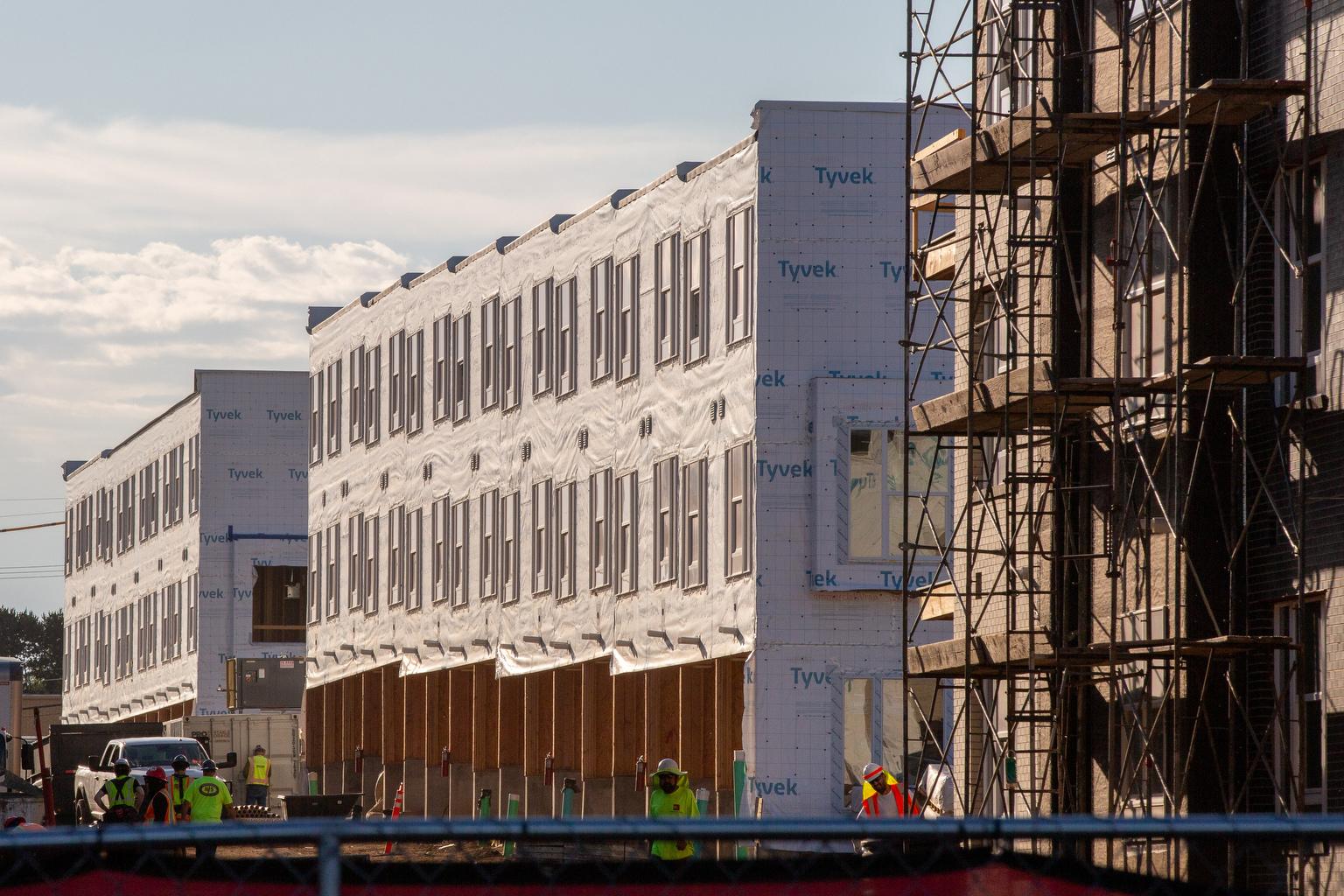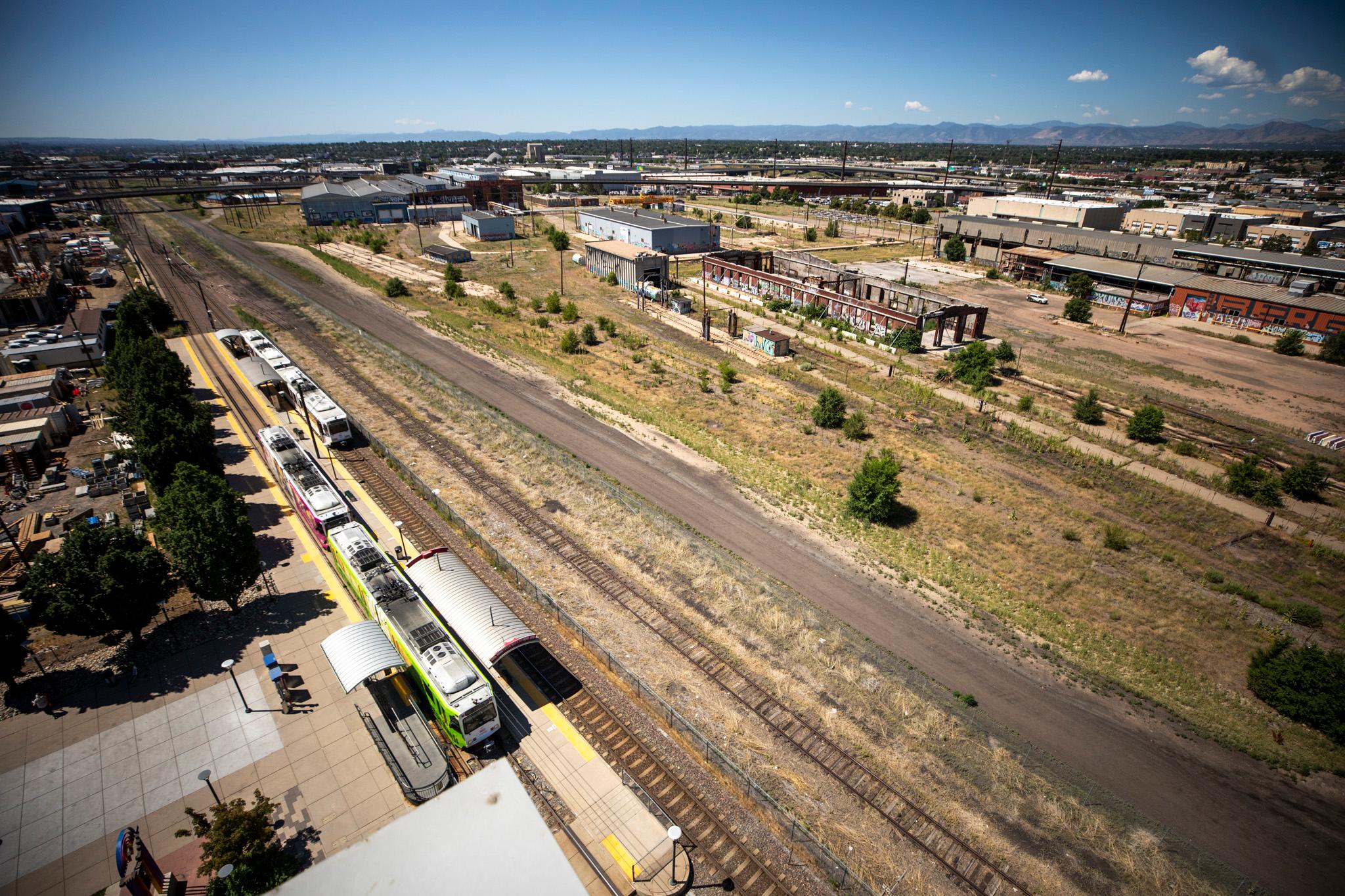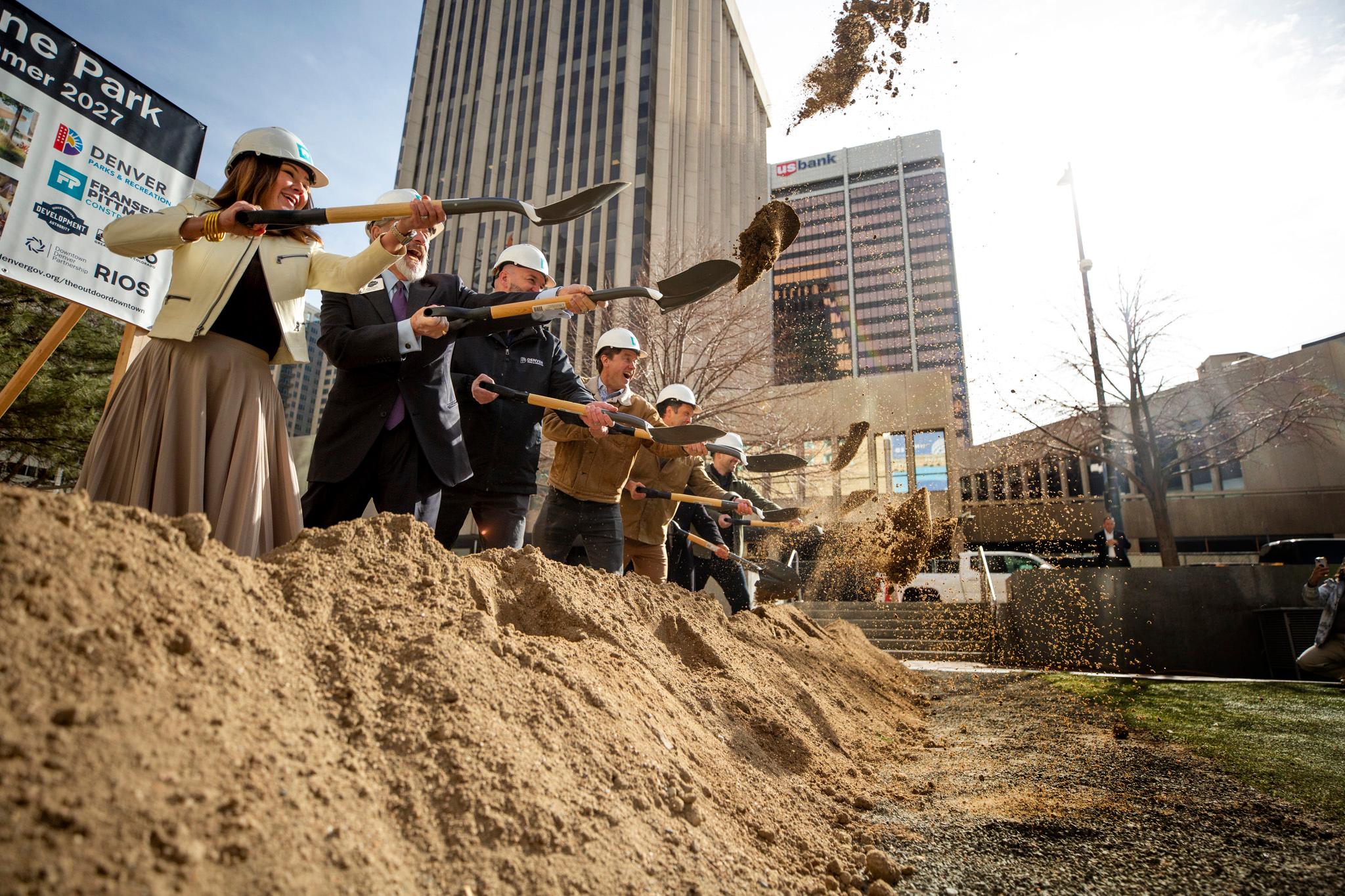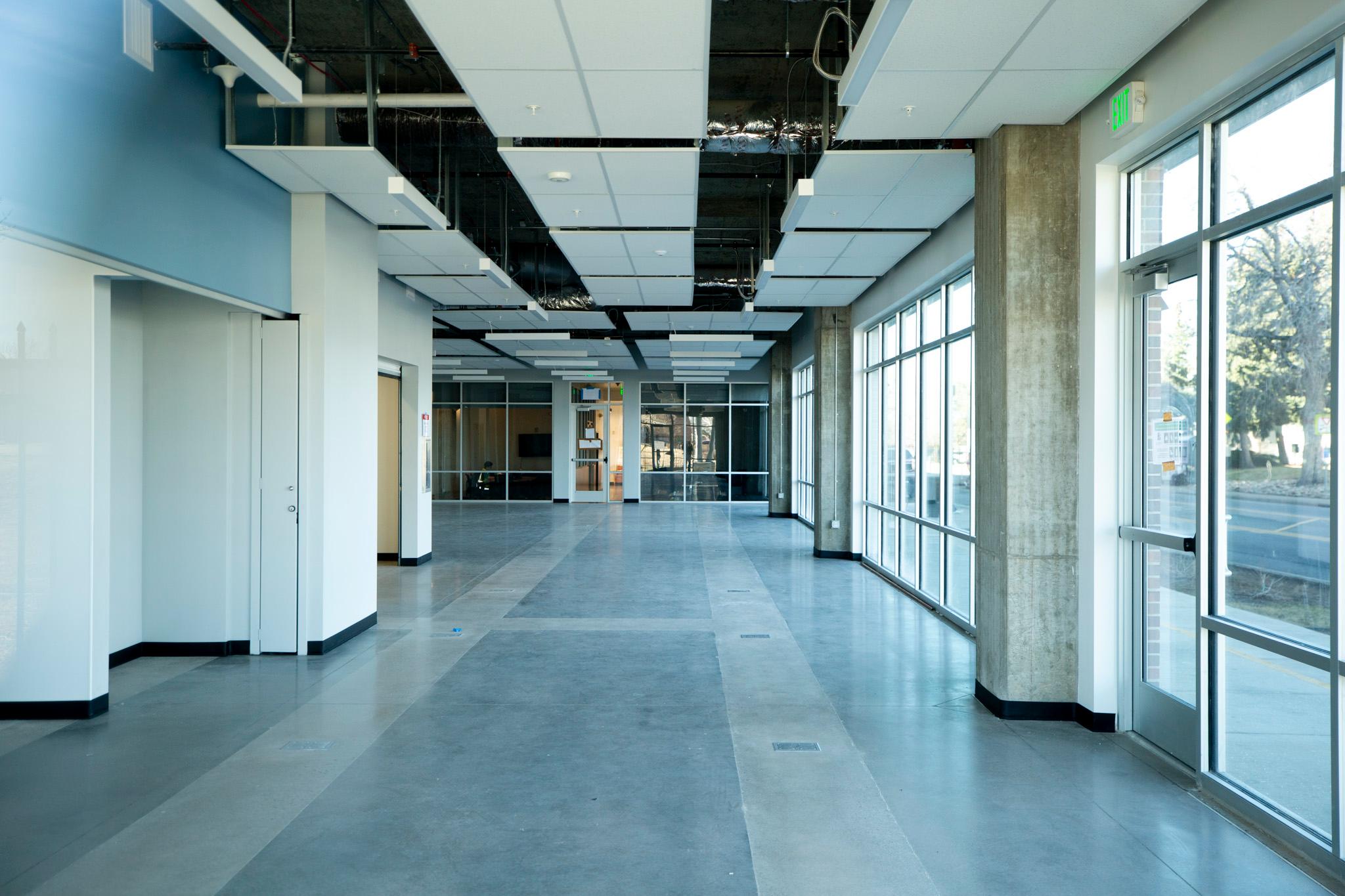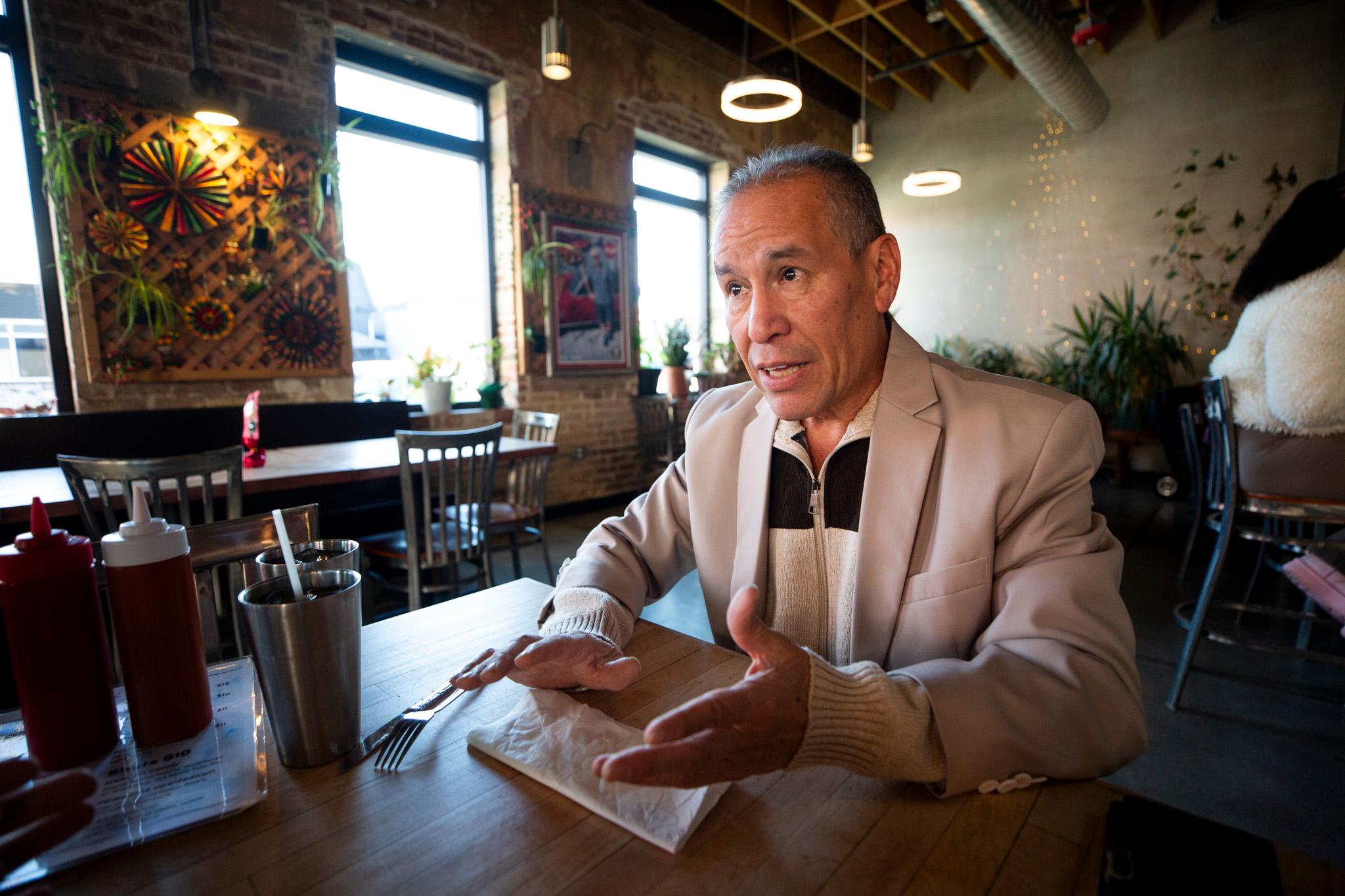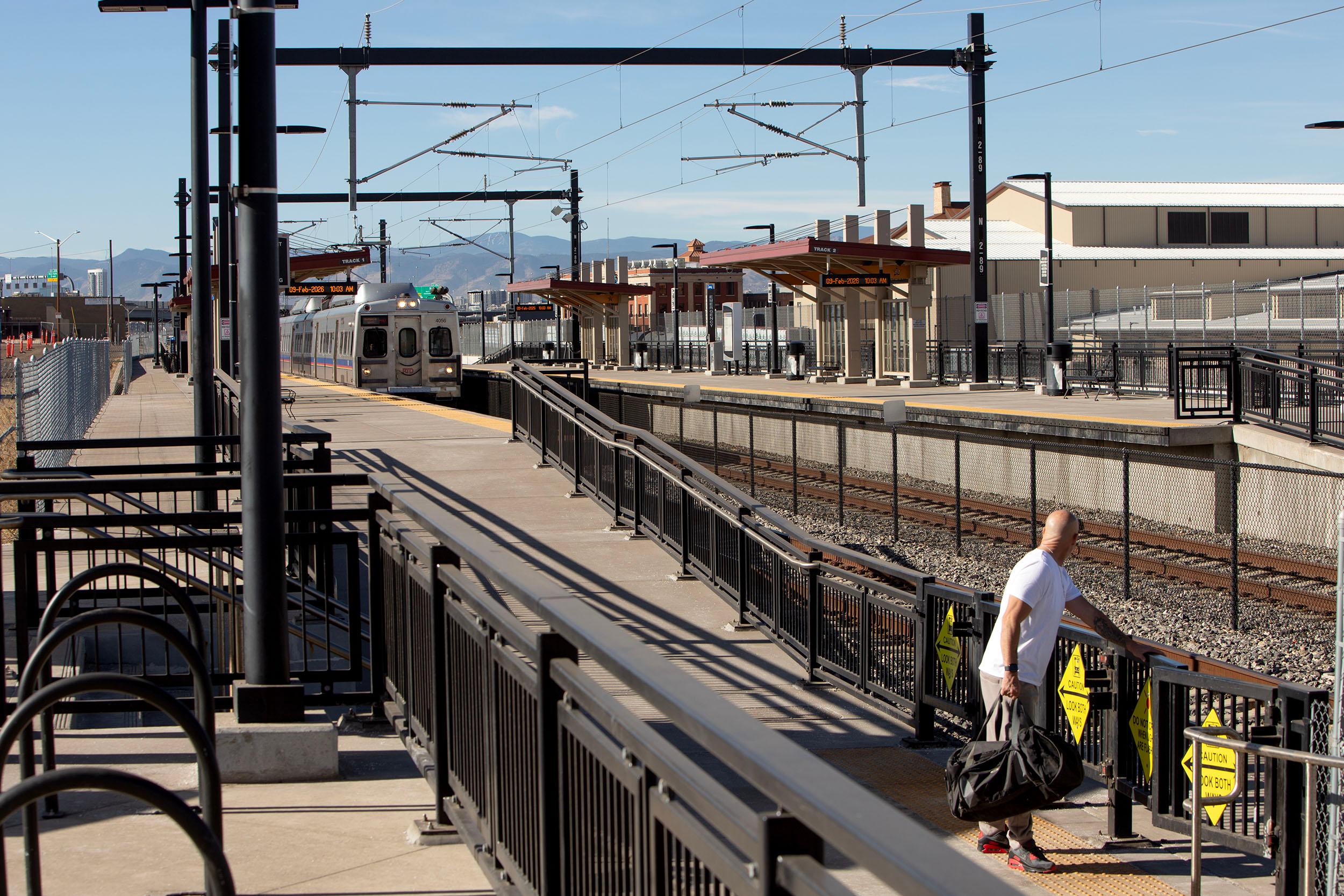Zoning is complicated. It is the set of local rules that determine what can be built, and where. And rezoning — the process of changing zoning rules to allow for new development — isn’t any simpler.
That complexity often leaves the public iced out of conversations about the future of Denver.
On Monday night, Denver City Council approved changes that could make things simpler. The goal: to make the process more “accessible, transparent and equitable,” according to a statement from Community Planning and Development.
Among other changes:
- The new process does more to include renters
- There are more rules about community engagement in general
- Shorter review times
- A broader definition of what rezonings should be approved
After a largely supportive public comment period, city council decided to change the rules on a unanimous vote.
The goals of the changes were to address historical disparities, prevent displacement and create neighborhoods where all residents benefit from growth and investment, said City Council President Amanda Sandoval.
“I'm tired of residents feeling left behind in this process because they don't understand it,” she added.
Why a property can be rezoned:
Under the old rules, rezonings could only be approved if they added to the area’s “health, safety or general welfare.” On Monday, those criteria were struck from the law, replacing them with the broader criteria of serving the “public interest” — a fairly flexible concept.
The change “moves us away from problematic language with an exclusionary and racist past.” Senior City Planner Brandon Shaver told the city council.
Additionally, rezonings must fit into a neighborhood’s context and be consistent with the intentions of the proposed new zoning status.
The proposed new use of the land also will have to align with the city’s adopted plans — or meet a need not anticipated by those plans but approved by city council.
Additionally, city agencies will have a shorter period of time to review potential rezonings and submit comment.
What say will the community have in rezonings?
One of the changes in the law is about how renters are treated. Previously, when a landowner proposed a rezoning, the city only had to notify nearby property owners. Now, the city will also have to give notice to Denver-based renters in the area.
That change may encourage more renters involved in the rezoning process, such as by writing letters or speaking at public hearings. Renters may have different priorities than property owners — for example, they may be more interested in lowering home prices by building new residences, while property owners may prefer to keep their neighborhood the same.
Even so, renters will not gain direct influence over rezoning proposals. Renters still will not be allowed to sign protest petitions, which are a way for property owners to make a rezoning more difficult to approve.
Property owners also will have to submit documents to the city proving they did adequate public outreach. And signage about proposed rezonings will need to be posted earlier than in the past.
The city also is updating sign and notice templates and changing its websites to explain the process in easier-to-read language.
How did we get here?
Two long-term city plans, Blueprint Denver and the Comprehensive Plan 2040, recommended making the rezoning process more equitable so residents can be more involved in their neighborhoods’ futures.
The city has spent the past two years on a project to try to overhaul the process.
Hundreds of Denverites participated in surveys, community meetings and newsletters soliciting feedback on how rezoning was working before and what rule changes might make it a more accessible process.
The Denver Planning Board and council’s Land Use, Transportation and Infrastructure Committee approved the new rezoning process in December, sending it to a full council vote.

